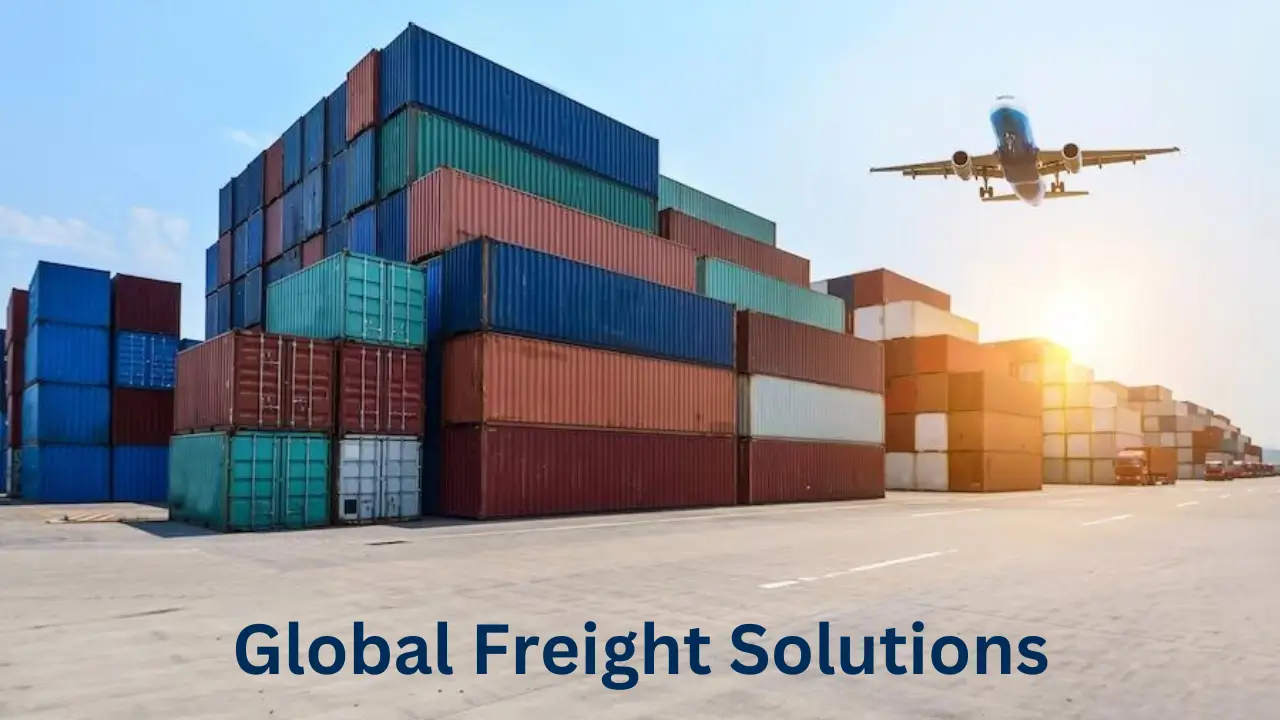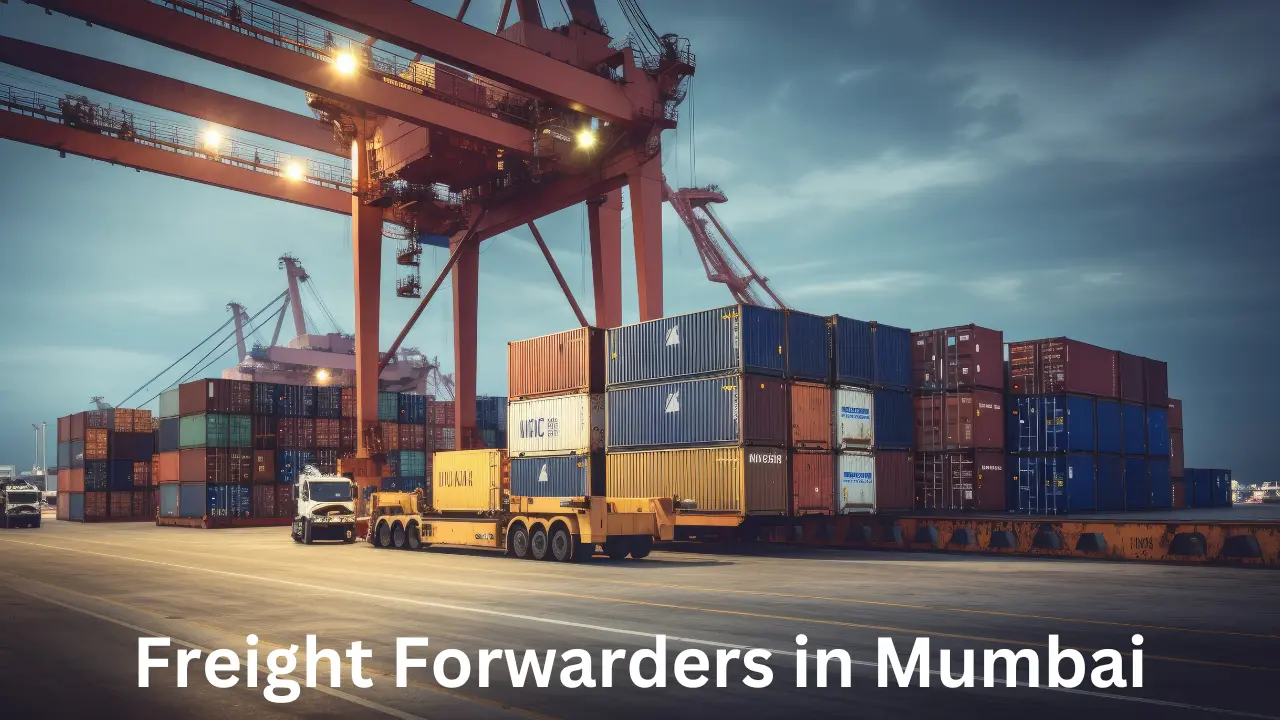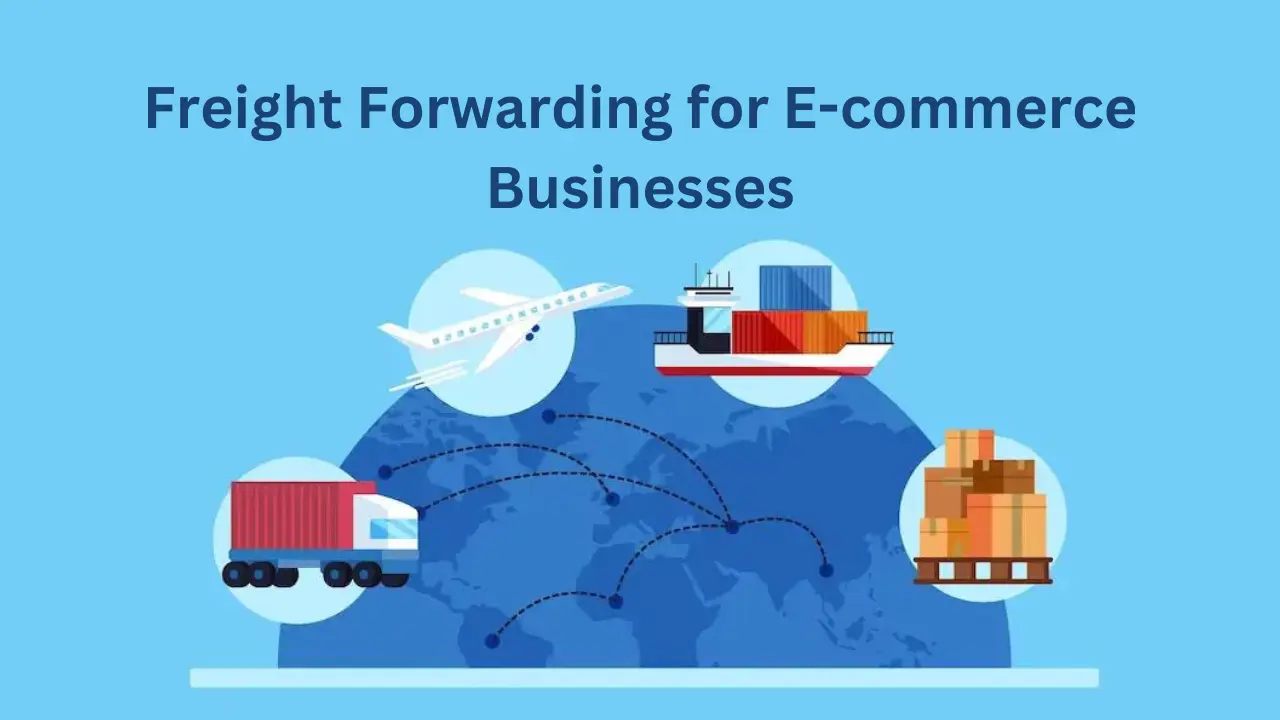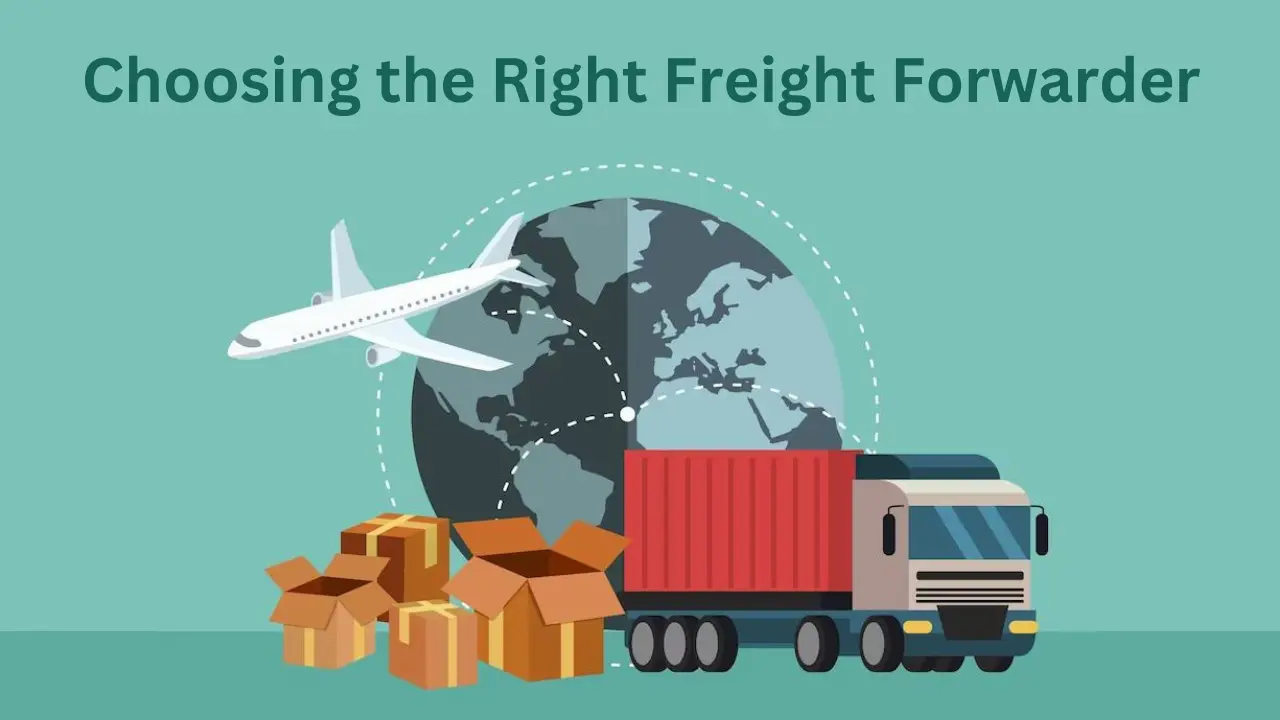
Global Freight Solutions in Mumbai: Challenges and Innovations
In today’s interconnected world, global freight solutions play a crucial role in facilitating international trade and commerce. Mumbai, the financial capital of India, holds a significant position in the global freight forwarding industry. However, operating in a bustling metropolis like Mumbai comes with its fair share of challenges. In this blog, we will explore the key challenges faced by global freight solutions in Mumbai and the innovative approaches they adopt to streamline their operations and deliver efficient services.
Infrastructural Bottlenecks
One of the primary challenges faced by freight solutions in Mumbai is the city’s congested infrastructure. Mumbai is known for its dense population, heavy traffic, and limited space. This can lead to delays in the movement of goods, causing disruptions in the supply chain. Freight forwarders must tackle these bottlenecks through careful planning, collaboration with local authorities, and the use of technology to optimize routes and minimize transit times.
Innovation: Some freight forwarding companies are investing in technology-driven logistics solutions, such as route optimization software and real-time tracking systems, to navigate the city’s traffic and find the most efficient pathways.
Compliance and Regulatory Hurdles
Navigating through the complex web of customs regulations and compliance requirements is another major challenge for global freight solutions in Mumbai. Adherence to international trade regulations, documentation standards, and import/export restrictions demands meticulous attention to detail. Non-compliance can lead to hefty fines, shipment delays, and reputational damage.
Innovation: Freight forwarders are leveraging digitization to streamline paperwork and improve compliance processes. Automated documentation systems and integration with customs platforms help ensure accurate and timely filing of necessary documents, reducing the risk of non-compliance.
Security and Risk Management
With the increasing threat of cargo theft, piracy, and other security risks, global freight forwarding companies in Mumbai must prioritize cargo security. The movement of goods through ports, terminals, and transit points can be vulnerable to theft and tampering, necessitating robust security measures.
Innovation: Freight solutions are adopting advanced security technologies, including GPS tracking, tamper-proof seals, and 24/7 surveillance, to monitor cargo in real-time and respond promptly to any security breaches.
Cost Control and Price Fluctuations
Fluctuations in fuel prices, currency exchange rates, and other economic factors can impact the cost of freight forwarding services. Balancing cost control while maintaining service quality can be a delicate task for logistics companies.
Innovation: Freight forwarders are embracing data analytics to optimize cost management. By analyzing historical data, market trends, and fuel prices, they can make informed decisions on pricing and find ways to operate efficiently while providing competitive rates to clients.
Environmental Sustainability
As awareness of climate change and environmental impact grows, freight forwarders are under increasing pressure to reduce their carbon footprint. Mumbai, being a bustling port city, contributes significantly to air and water pollution, making sustainability a crucial concern for the logistics sector.
Innovation: Some freight companies are exploring alternative energy sources for transportation, such as electric vehicles and biofuels. Additionally, optimizing routes and employing greener practices help reduce emissions and promote sustainability.
Port Congestion
Mumbai serves as a major seaport, handling a substantial volume of container traffic. Port congestion can occur due to various reasons, such as limited berth availability, inefficient cargo handling processes, and delays in customs clearance. Freight forwarding companies must proactively manage and plan for potential port congestions to avoid delays in shipments.
Innovation: To tackle port congestion, freight forwarders are employing advanced port management systems and collaborating with port authorities to optimize cargo handling procedures. Additionally, some companies are diversifying their shipping routes to other nearby ports to alleviate the burden on Mumbai’s port facilities.
Last-Mile Delivery Challenges
The last-mile delivery is the pivotal and final stage of the supply chain, involving the transportation of goods from the distribution center to the end-user. In a densely populated city like Mumbai, navigating through narrow streets and congested neighborhoods can be particularly challenging for freight solutions.




